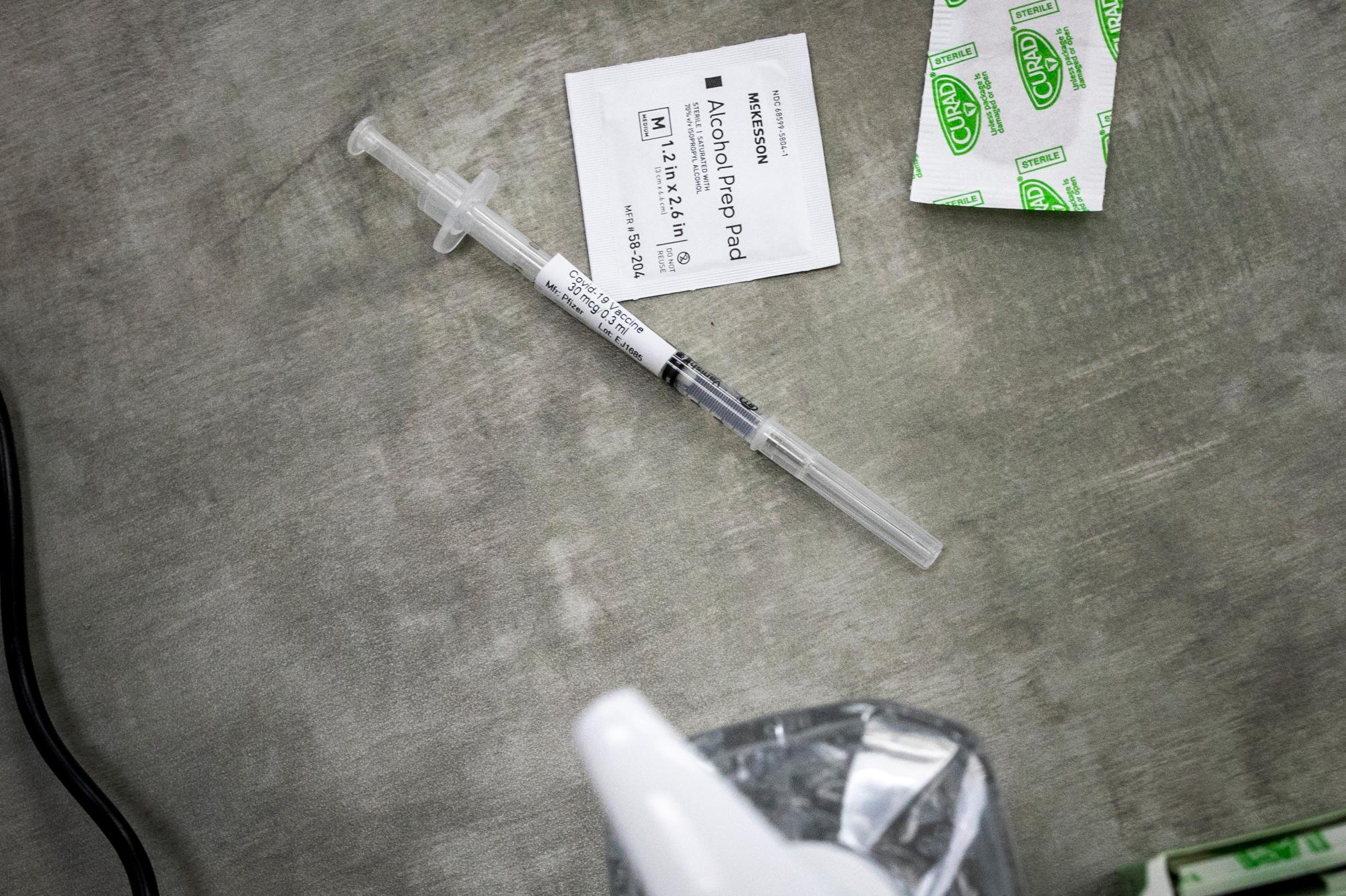
Update on Feb. 2, at 9:15 a.m.: The hotline is now a 24-hour, seven day a week service, with a callback option. Our original story continues below.
The state is launching a hotline to help Coloradans get answers to questions about COVID-19 and vaccinations.
The toll-free number is 1-877-CO-VAX-CO or 1-877-268-2926.
“It is one additional tool in our toolbox to provide answers to people,” said Scott Bookman, the Colorado Department of Public Health and Environment’s COVID-19 incident commander. “We know that not everybody has tech savvy. Navigating a website, navigating a portal is not always the easiest way for people to access the system.”
Bookman said the vaccine call center has a staff of 50 who are trained to answer COVID-19 vaccine-related questions, provide information about vaccine providers and give general information about the virus.
Some seniors have complained about the difficulty and confusion of getting signed up for a shot online.
The call line will be open from 9 a.m. to 10 p.m. on Monday through Friday, and 9 a.m. to 5 p.m. on Saturday and Sunday.
By Feb. 1, it'll go to 24 hours a day, seven days a week, Bookman said.
He spoke as part of a regular briefing for reporters by the state’s health department.
State epidemiologist Dr. Rachel Herlihy gave an update on Colorado’s overall COVID-19 status and outlook. She said hospitalizations are on a downward trajectory for the last two weeks and that case rates are lower than national rates. But she stressed that overall rates of disease transmission are still high in Colorado.
“We've really been in a pretty good place consistently seeing a downward trend for the last two weeks or so now in this state,” she said. “Compared to other states across the country, Colorado is in a pretty favorable position right now.”
- Black And Latino Coloradans Are Being Missed In The COVID-19 Vaccine Rollout
- Coloradans Will Not Need ID To Receive COVID Vaccine
- Colorado Will Begin Vaccination Surge To Get First Doses To The Most Vulnerable
- Polis Blasts Trump For Lying After The Administration Fails To Send A Promised 200,000 COVID-19 Vaccine Doses To Colorado
Despite that, Herlihy said, based on state and national modeling, precautionary measures will need to remain in place for many months ahead.
“It's going to be probably until at least this summer that we really need to continue all of the strategies that we're using,” she said.
Those would include efforts Coloradans know well at this point: mask wearing, social distancing, and contact tracing.
“We know that the vaccine is coming, it's the light at the end of the tunnel. But as we're building the percentage of the Colorado population and the U.S. population that is vaccinated, those other strategies really continue to be critically important for months to come to minimize the number of cases.”








